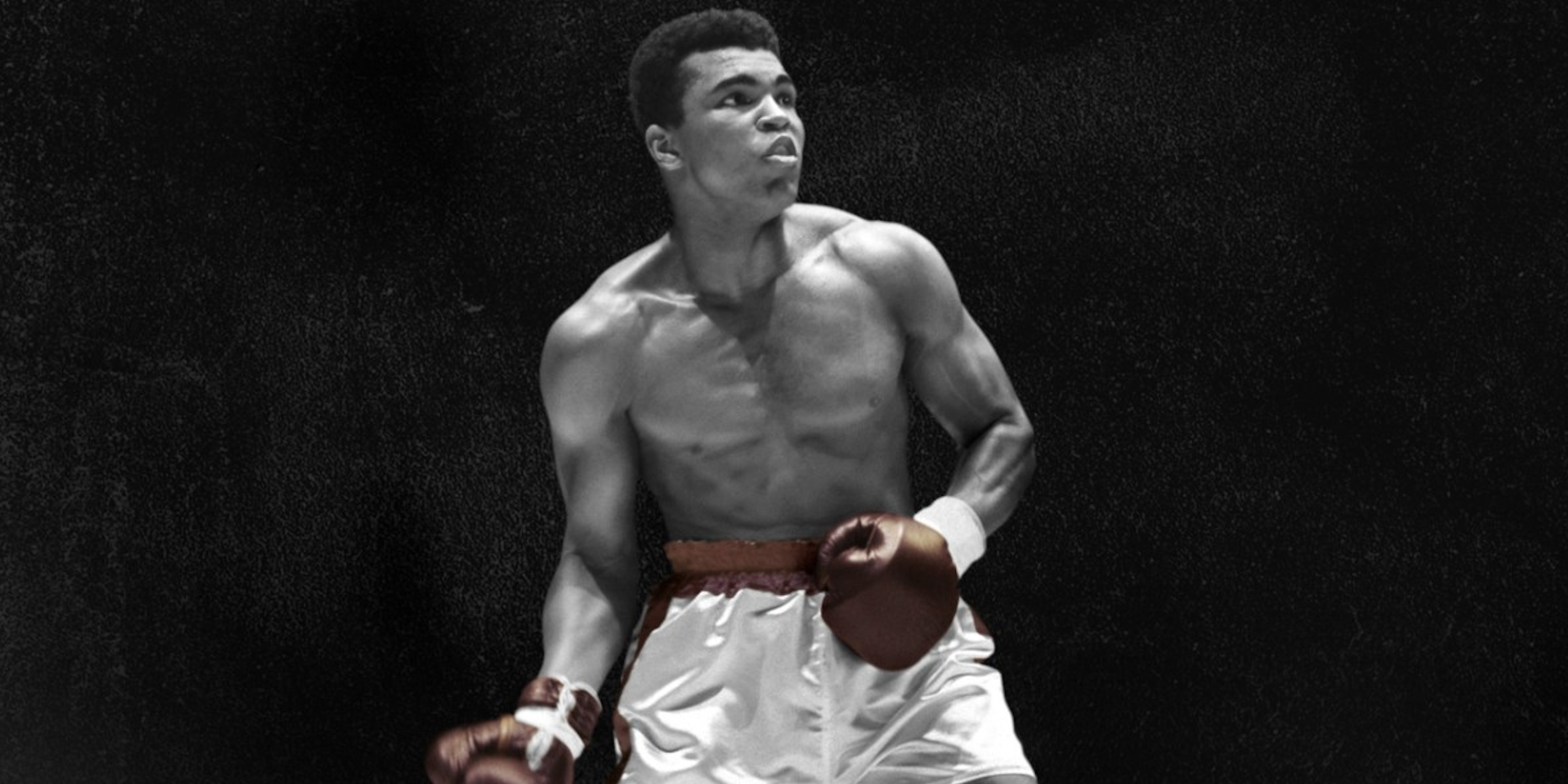One Night in Miami explains the true significance of Cassius Clay's name change to Muhammad Ali. In 1964, the 22-year-old boxer shocked the world by defeating Sonny Liston and becoming the new heavyweight champion. Soon after, he officially joined the Nation of Islam and subsequently became one of the world's most controversial athletes. Now streaming on Amazon Prime, One Night in Miami offers insight about a pivotal moment in Ali's astounding career.
Based on Kemp Powers' eponymous play, One Night in Miami isn't entirely based on historical facts but is indeed based on real events. In 1964, Clay did actually hang out with Malcolm X, Jim Brown, and Sam Cooke at the Hampton House Motel in Overtown, Florida, which is the narrative foundation for the Amazon Prime film. Powers and director Regina King don't present the characters' conversations as fact, but rather attempt to explain the essence of each individual persona and how the group's collective accomplishments correlate with the times.
In One Night in Miami, Ali's accomplishments as a young Black man in America function as the jump-off point for a broader lesson about racial injustice and cultural contradictions. Powers and King don't necessarily emphasize the Ali persona per se, but instead present him as an impressionable athlete, one who informs Cooke and Brown that he'll be joining the Nation of Islam. This character reveal kicks off the major conflict of the film, as Ali's conversion means that not only will his lifestyle change because of a religious commitment, but that he'll also receive a brand new name. One Night in Miami concludes with the Nation of Islam founder, Elijah Muhammad, welcoming Clay to his organization and re-naming him as Muhammad Ali.
Clay's name change in One Night in Miami challenges the audience to reconsider their perception of the real person. In modern pop culture, Ali is known as a braggadocios boxer who could walk the walk and talk the talk during the early years of his career. By the late '60s, he jeopardized his life and professional livelihood by publicly objecting to America's involvement in the Vietnam War, which is significant because - at the time - he was 29-0 and arguably at the peak of his athletic powers. With One Night in Miami, audiences can gain a better understanding of Clay/Ali's perspective in 1964, thanks to the people he chose to associate himself with. Meaning, the young boxer didn't change his name for marketing purposes, he changed his name because he was directly influenced by Malcolm X, a man who would be assassinated approximately one year later.
As a 2021 film, One Night in Miami is especially important because it offers a different perspective about Clay/Ali's origin story and name change. He reached the top of his profession through talent and technique, and then subsequently lost two of his good friends within a year after becoming the heavyweight champ. The man who led him to the Nation of Islam, Malcolm X, was suddenly taken away by assassins in February 1965, and Sam Cooke was forever silenced after being murdered in December 1964, even though his voice still lives on through his music. So, Clay's name change wasn't a matter of ego or naivete, but rather a sign of commitment and belief. The events in One Night in Miami suggest that Ali's conversations with Brown, Cooke, and Malcolm X inspired him to become a more forward-thinking person, one was ready for bigger responsibilities.


